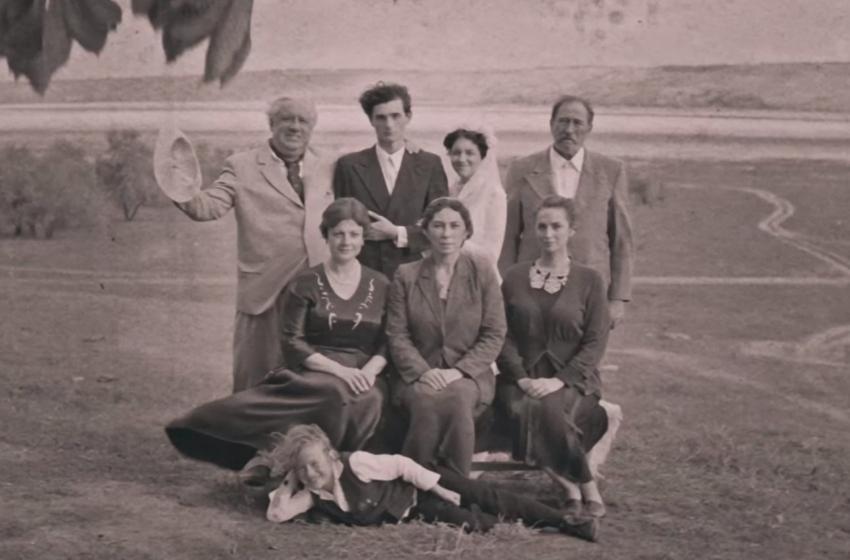Main image: Turkish foreign minister Hakan Fidan presided over the talks between Ukraine and Russia in Istanbul, Türkiye Source: AAP / Murat Gok / Turkish Foreign Ministry / EPA
The Robert Lansing Institute (RLI) has concluded that the March 2022 negotiations between Russia and Ukraine in Istanbul were part of a Kremlin strategy aimed not at peace, but at manipulation and delaying tactics. According to the think tank, the talks were used by Moscow to buy time, regroup militarily, and test the West’s resolve while appearing diplomatically engaged.
Ukraine had offered neutrality and security guarantees in exchange for a full Russian withdrawal and restoration of its territorial integrity. However, Russia continuously changed the terms, avoided concrete agreements, and intensified attacks on Donbas and civilian infrastructure in parallel.
RLI analysts argue that Moscow never intended a peace respecting Ukraine’s sovereignty. Instead, the Kremlin used the negotiations as a tactical pause and propaganda tool to project an image of goodwill while escalating its aggression. The Kremlin sought to demoralize both Ukrainian society and Western allies, pressuring Kyiv into concessions.
The report identifies key reasons why Russia undermines peace initiatives: a desire to retain control over occupied territories (especially Crimea and eastern Ukraine), to avoid invalidating its invasion narrative of “denazification” and “demilitarization,” and to bank on Western fatigue with a prolonged war. A peace deal could also trigger war crimes investigations, which Russia wants to avoid.
While sanctions have damaged Russia’s economy, RLI notes their limited political effect so far, with Moscow adapting through closer ties with China, Iran, and others. Still, in the medium term, sanctions—especially those targeting third-party facilitators in Central Asia and the Caucasus—could weaken Russia’s military potential.
RLI urges the West to shift from diplomacy to increasing military and economic pressure, emphasizing weapons deliveries, financial aid to Ukraine, and exposing Russian disinformation. Future negotiations should be based on stricter terms and international guarantees.
The Kremlin’s tactics in Istanbul mirror past behavior, such as during the Minsk agreements, Syrian talks, and the 2008 Georgia conflict—where negotiations served not peace but strategic advantage.
On U.S.-Russia relations, RLI says the Kremlin does not respect Washington as a strategic partner but sees it as the main obstacle to its global ambitions. Even when Russia engages diplomatically with the U.S., it is only to ease sanctions or create an illusion of cooperation, while simultaneously violating informal agreements and attempting to divide the West.
The report concludes that peace can only be achieved by making the continuation of war too costly for Russia. That means unity among Western allies, political consistency, and a firm commitment to justice—without which any peace would be temporary and dangerous.





















